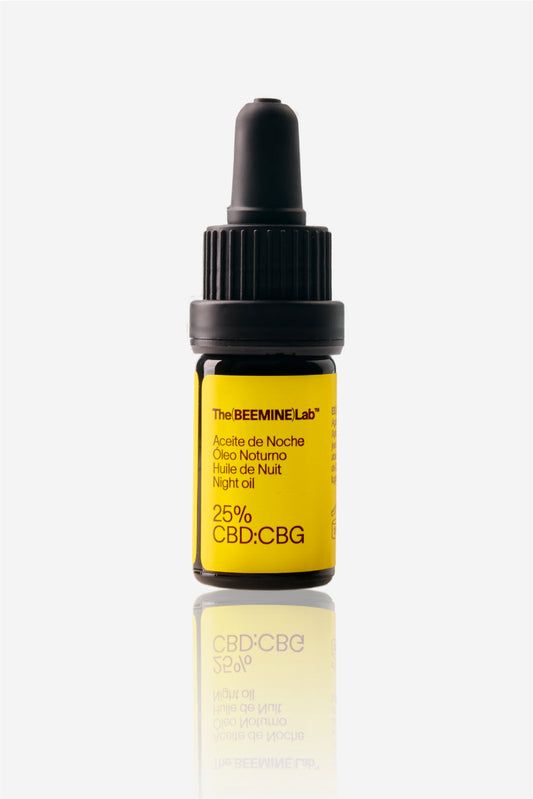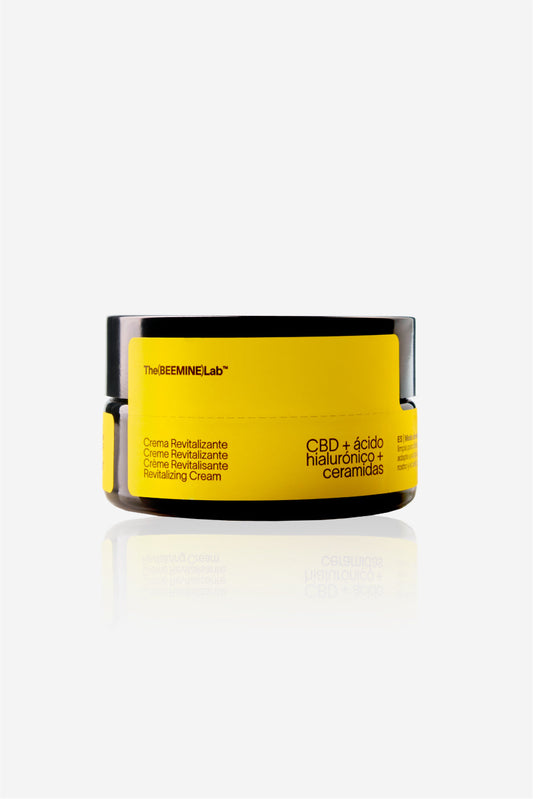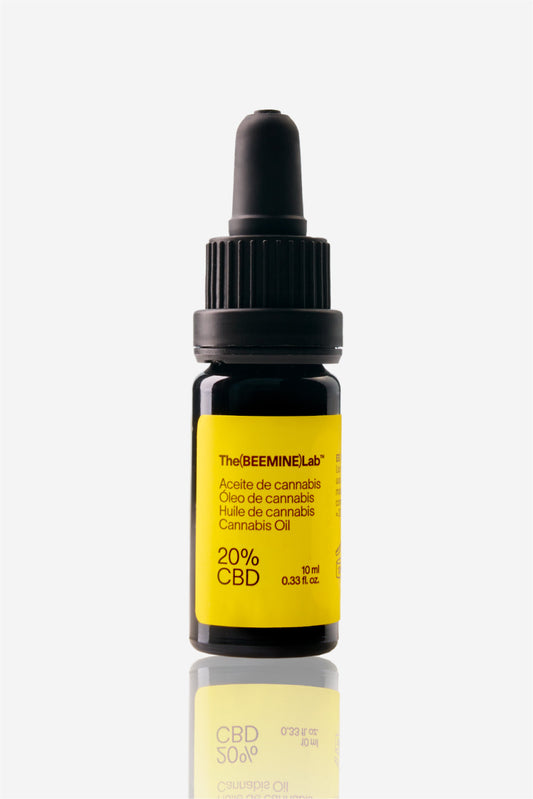What causes a hangover? Hangover signs and symptoms
If we had to give it a definition it would be: all those signs and symptoms associated with excessive consumption of alcoholic beverages , as long as it does not lead to an alcoholic coma or death. This unhealthy situation is the bread and butter of many young people (and not so young), and alcohol consumption has increased significantly over the last few decades. This has led to a lot of research into the pathophysiological mechanisms that produce alcohol toxicity, as well as the effects of chronic consumption and withdrawal syndrome. Despite all this research, little has really been scrutinized about hangovers, hangovers or, as it is known medically, veisalgia (from the Norwegian kveis, restlessness after a bacchanal and the Greek algia, pain)(1).-
Hangovers are caused directly by the alcohol contained in some drinks , but there are other components in these drinks that can contribute to worsening the symptoms. These components, known as congeners, are substances that contribute to the smell and taste of alcoholic drinks and are usually found in greater quantities in dark alcoholic drinks such as American whiskey (bourbon). Among these congeners we find aldehydes, esters, higher alcohols and acids. We can also find congeners in wine, highlighting sulfites that are used as preservatives and can cause headaches in some people sensitive to them (2).

- Dehydration: Alcohol inhibits the release of vasopressin, a hormone produced by the brain that signals the kidneys to retain fluids. As a result, alcohol increases urination frequency and excessive fluid loss. The resulting mild dehydration likely contributes to hangover symptoms such as thirst, fatigue, and headache (2).
- Hypoglycemia: When we drink alcohol, the liver needs to metabolize it so that it can be eliminated. This process causes the liver to stop releasing glucose, resulting in a decrease in blood sugar levels (hypoglycemia). Associated symptoms are sweating, hunger, irritability and tiredness or weakness (3).
- Sleep disruption: Although people may fall asleep more easily after consuming alcohol, this sleep is of poor quality and they do not reach the REM phase. This causes a non-restorative and shallow sleep, which makes them wake up earlier and feel tired (2).
- Gastrointestinal irritation: Alcohol directly irritates the stomach lining and increases acid release, which can lead to nausea and upset stomach (2).
- Acetaldehyde toxicity: Alcohol is metabolized in the liver and stomach by an enzyme called alcohol dehydrogenase. This enzyme converts alcohol into acetaldehyde, a short-lived, toxic byproduct that contributes to widespread inflammation in the body (2).
- Mild withdrawal: After acute alcohol consumption, a certain dependence may develop, which would lead to a slight withdrawal syndrome. This would produce anxiety and restlessness, as the effect of alcohol is longed for (2).
Can CBD offer any help for nausea?
Vomiting or emesis is the violent and spasmodic evacuation of gastric contents through the mouth . This response of the body is a natural mechanism against some organism or situation of discomfort that the human being wants to expel from his body. The sensation that one has just before (prodrome) vomiting is called nausea, which may precede emesis or may appear in isolation. In this case , alcohol could activate the so-called chemoreceptor trigger zone , an area located in the medulla oblongata that connects directly with the vomiting center that receives signals from the vagal and enteric nervous system. Therefore, when we drink excessively, changes occur in the gastrointestinal mucosa that is innervated by the vagus nerve, which transmits the signal to the vomiting center and the chemoreceptor trigger zone, initiating the vomiting reflex. The neurotransmitters involved in the control of nausea and vomiting are acetylcholine, dopamine, histamine (H-1 receptor), substance P (NK-1 receptor) and serotonin (5-HT3 receptor) (4). *Physiology of emetic-induced vomiting (4). There are different studies that have shown that the endocannabinoid system has a regulatory role in nausea and vomiting , both in animals and humans. Activation of the CB1 receptor seems to suppress vomiting induced by an emetic toxicant, on the contrary, if we block this cannabinoid receptor vomiting is promoted. Cannabidiol (CBD) suppresses nausea and vomiting within a limited dose range . This antiemetic effect could be mediated by the indirect activation of 5-HT1A receptors in the nervous system. Activation of these receptors reduces the release of serotonin (5-HT) in the trigger zone, preventing the activation of the aforementioned 5-HT3 receptor. Preclinical research indicates that cannabinoids, including CBD, may be clinically effective in treating nausea and vomiting induced by chemotherapy or other treatments. Therefore, there is evidence that explains how CBD could help with nausea and vomiting , being helpful in case of suffering from them during a hangover, since as we already know, it lacks psychoactive effects (5).Can CBD Offer Help for Dehydration?
As we have seen before, alcohol can cause dehydration, since a higher water content can be eliminated through the kidneys in the urine. This results in some of the most typical hangover symptoms such as dry mouth, headache and fatigue. CBD in this case has no proven use or evidence to prevent dehydration caused by alcohol. The only way to alleviate this direct consequence of alcohol would be by consuming water before, during and after the consumption of alcoholic beverages.Can CBD offer help in regulating blood sugar levels?
When we consume alcoholic beverages, often accompanied by sugary drinks, the hormone insulin is secreted in the pancreas. This hormone is responsible for the transport and metabolism of sugar (glucose) in the blood, so that it can be used as an energy source by the organs and tissues. Once this occurs, blood glucose levels drop and the glucose stored in the liver (glycogen) must be released, but this process is inhibited by the metabolism of alcohol, thus producing the aforementioned hypoglycemia (6). CBD has been studied in diabetes , a disease in which glucose cannot be transported and/or metabolized by insulin. In most studies, CBD improved the incidence and progression of the disease. It is especially useful in the associated pain, inflammation of the pancreas, inflammation of the retina, and cardiovascular damage caused by high blood glucose levels in the long term. However, the mechanism by which blood glucose and/or insulin levels could be regulated is not well known, although it is believed that it could be through the CB1, CB2, GPR55, and GPR119 receptors. The data may be promising, but currently they are only indications and data found in animals, therefore much more research must be done to be able to confirm this. This leads us to say that although CBD may have indications of regulating blood sugar levels, it will probably not be useful in this regard during a hangover (7).Additional tips to prevent hangovers
- Hydrate well before, during and after consuming alcoholic beverages.
- Eat foods rich in complex carbohydrates or without added sugar and rich in protein , especially during and after drinking alcohol.
- Avoid aged or aged alcoholic beverages that may contain congeners to avoid worsening the hangover.
- The use of non-systemic antacids can help after alcohol consumption to prevent damage to the stomach mucosa.
- Try to rest as many hours as possible , and you can add a supplement with melatonin, tryptophan and/or vitamin B6 before going to bed to improve the quality of your sleep.
- https://contusalud.com/website/folder/sepa_sigsintomas_veisalgia.htm
- https://www.niaaa.nih.gov/publications/brochures-and-fact-sheets/resaca
- https://medlineplus.gov/spanish/ency/patientinstructions/000968.htm#:~:text=When%20you%20take%20alcohol%2C%20su,az%C3%BAcar%20en%20sangre%20(hypoglycemia)
- M. Carretero; Nausea induced by emetogenic chemotherapy. Prevention and treatment. OFFARM. Vol. 27. No. 1 77-80 (January 2008)
- Linda A Parker et al. Regulation of nausea and vomiting by cannabinoids. British journal of Pharmacology. Vol. 163. Issue 7. p.1411-1422 (December 2010)
- https://medlineplus.gov/spanish/ency/article/000386.htm#:~:text=Es%20una%20afecci%C3%B3n%20que%20occurre,en%20la%20sangre%20es%20hypoglycemia
- https://www.fundacion-canna.es/cannabinoides-y-diabetes







